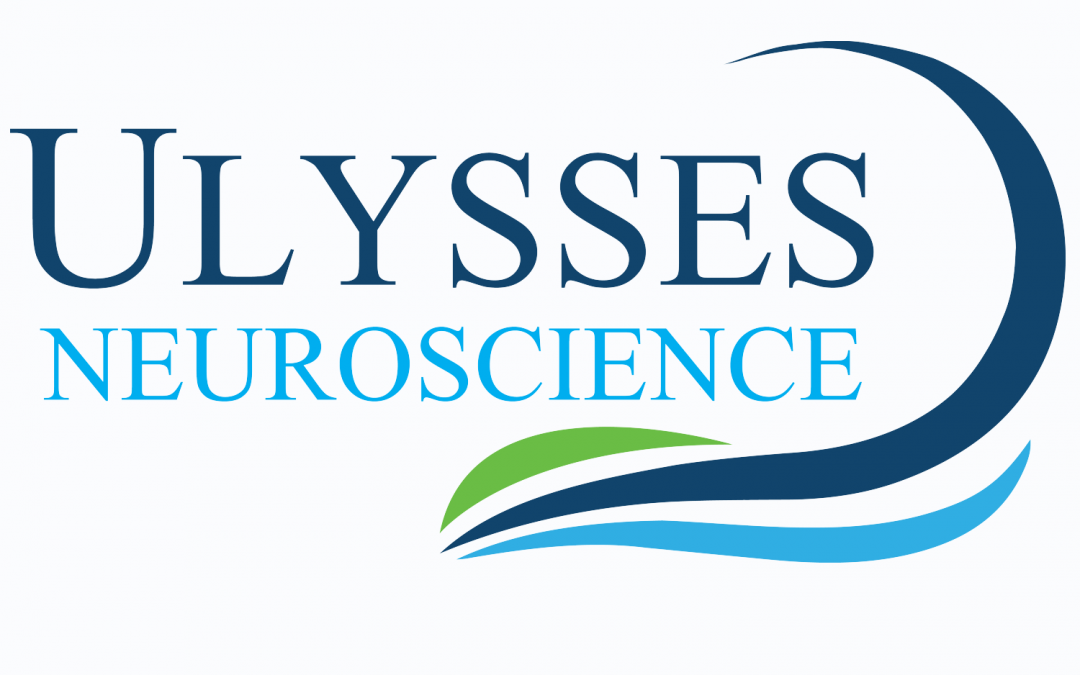FutureNeuro partners with Ulysses Neuroscience Ltd. to gain a better understanding of Fragile X Syndrome

We are delighted to announce a new industry partnership with Ulysses Neuroscience Ltd., a private research and development organisation, based in Trinity College Dublin.
Proteus, the research project that will result from this partnership will explore how Fragile X Syndrome develops, gaining a better understanding of its biology, to identify new ways to advance treatments.
Fragile X is the most common identifiable, inherited cause of intellectual disability. It is a neurodevelopmental disorder caused by a mutation in the FMR1 gene and is estimated to occur in 1 in 4000 males and 1 in 6000 females.
Currently, no therapies exist for the syndrome and existing drugs only target the symptoms.
The project is named after Proteus, a shapeshifting god from Greek mythology, representing a metaphor for the brain’s “plasticity” or ability to change itself. Mutations in FMR1 disrupt normal brain development by harming the creation and maintenance of connections between new neurons, a property known as neuronal plasticity. We believe that FMR1 is fundamental for a number of ‘plasticities’ or new connections in the brain, including how cells are formed and supported by tiny little tubes in the body called microtubules, as well as maintaining strong blood vessels in the blood brain barrier.
It will combine the blood brain barrier expertise of our Principal Investigator, Prof. Matthew Campbell, Assistant Professor and Director of the Neurovascular Genetics laboratory in the Smurfit Institute of Genetics at Trinity College Dublin, with the expertise of Ulysses Neuroscience Ltd on microtubule dynamics

Prof. Matthew Campbell
FutureNeuro Principal Investigator
“We are delighted to engage in this important research project with Ulysses Neuroscience. We believe that understanding how the so called blood-brain barrier (BBB) is regulated in Fragile X Syndrome may shed light on some novel therapeutic targets. This will ultimately benefit people with Fragile X and their families, in the years to come.”
“We are excited about this partnership with FutureNeuro and Dr. Matthew Campbell’s lab which represents a recognized excellence in the Irish academic research. Our hope is that Proteus will contribute to the current knowledge on the pathogenesis of Fragile X Syndrome. This may open new avenues of research for pharmaceutical companies in order to develop new disease modifying treatments for Fragile X Syndrome. Thus, Proteus objective is to eventually be of benefit for the patients and their families.”

Dr. Massimiliano (Max) Bianchi
President and CEO of Ulysses Neuroscience
The Blood Brain Barrier is a range of small, tightly formed blood vessels, which prevents materials in the blood from entering the brain. If these blood vessels are damaged in any way, it can result in a whole range of irregularities in the brain, including those observed in Fragile X.
Microtubules play a vital role in the development of brain cells and in supporting the formation, maintenance and remodelling of synapses, which brain cells use to communicate. If these are not working correctly, it can lead to altered brain development and loss of synapses, resulting in an intellectual impairment.
Proteus will build on previous research by Ulysses Neuroscience Ltd., to study the relationships between synaptic plasticity, microtubule dynamics and the blood brain barrier and to investigate if they could be associated with Fragile X-like symptoms. The project has the potential to develop new ways to identify signs of Fragile X, which could lead to new therapies.


